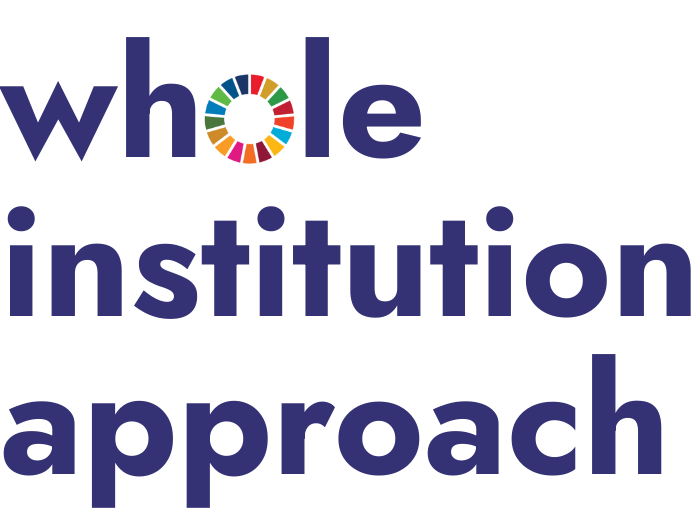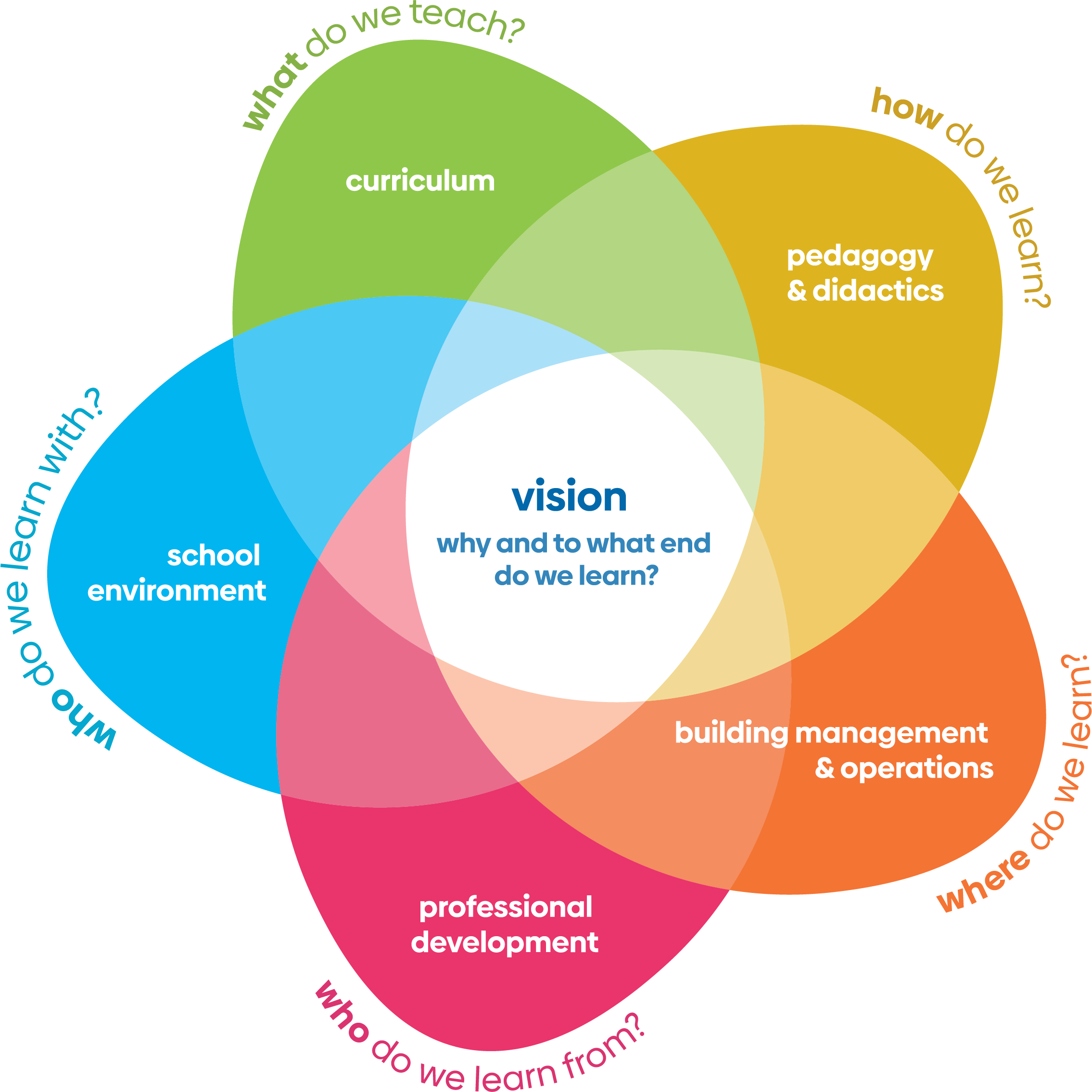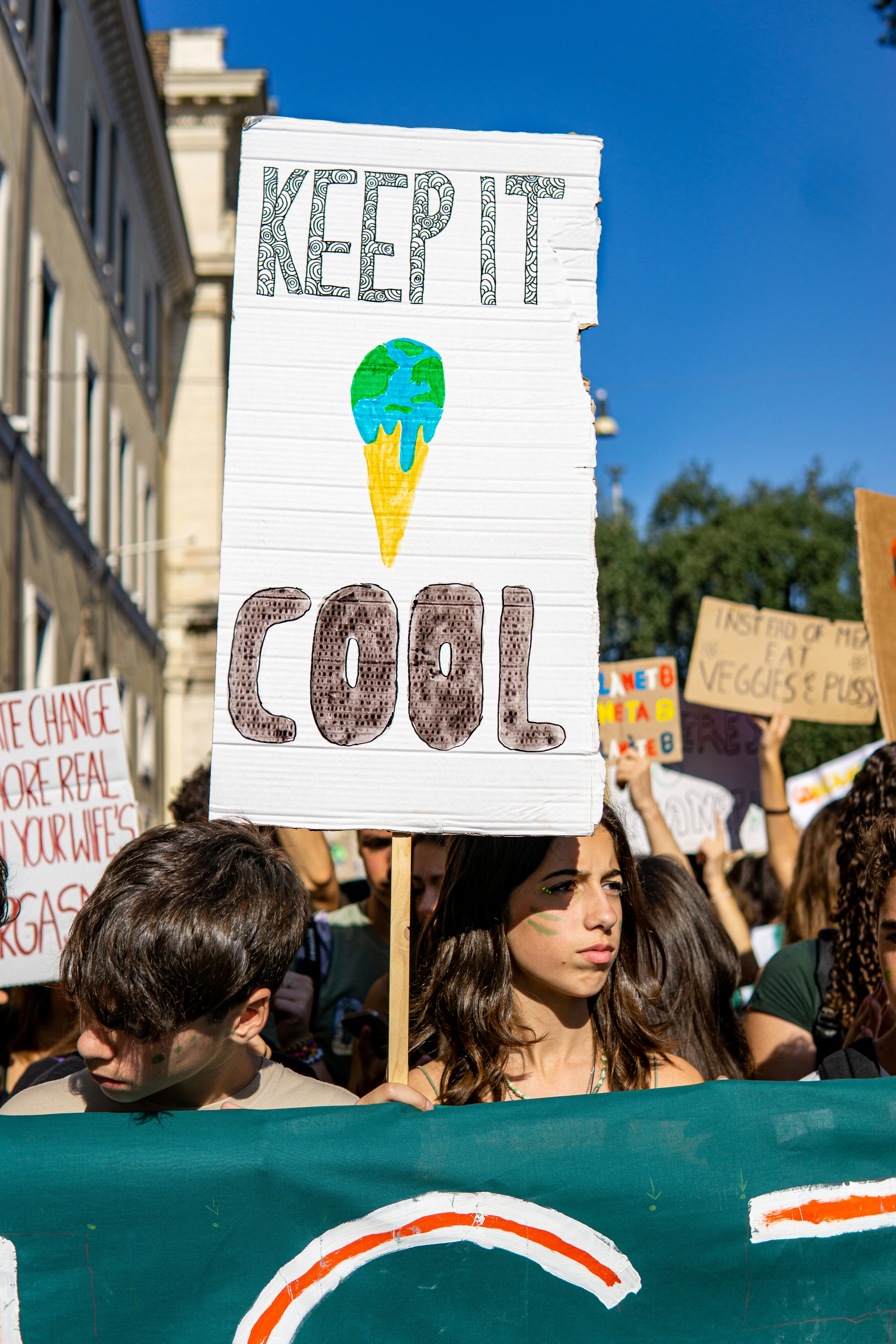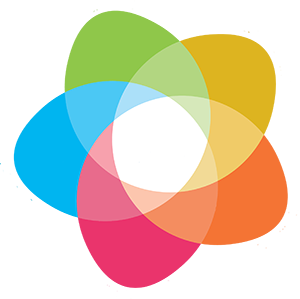
This Toolkit about the Whole Institution Approach (WIA-Toolkit) has been made for all educational institutions from primary to higher education in all countries in the UNECE.
By implementing the WIA concept, an educational institute develops an integrated approach for positive change, where education is linked with governance, vision, management & operation, building, pedagogy and didactics, professionalization and community connections. When used successfully, the implementation of the WIA leads to positive, endurable change for all stakeholders involved, including students.
What is the Whole Institution Approach?
There seems to be a consensus that institutions mostly need continuous reflexive, analysis and process support that can be useful in many contexts. In essence, the Whole Institution Approach enables different stakeholders of the education system with varying perspectives, priorities and practices to have a constructive conversation. By taking integral actions and building on internal and external connections, WIA users will be able to implement sustainable change within their institution.
Most notably, the Whole Institution Approach is not a blueprint for change. It rather concerns a concept that proposes integrating systems thinking into practice. Doing so enables the user to take into account all aspects of the institution that can exert influence on each other in terms of successful implementation and doings. For example, certain curricular themes are better suited to specific didactics and/ or pedagogy than other themes. Similarly, classrooms or surroundings in general support students to study more efficiently based on their context and setting. The following section will address the different aspects of the WIA, or rephrasing in terms of the WIA visualisation, the petals of the Whole Institution Approach.


How to use the Toolkit
The WIA Toolkit is made for institutes and supporting organisations (like NGO’s and environmental education centres). Within an educational institute you can divide the stakeholders in policy board, management, teachers, non-teaching employees staff and students. The toolkit can be used in its entirety but the tools also function separate from each other.
The Project
This toolkit has been made as a product of the UNECE Steering Committee on Education for Sustainable Development (UNECE-ESD). The Steering committee presented a strategy that has been agreed on in 2005. In 2022 a framework for implementation 2021-2030 has been agreed on in Nicosia.
In the framework four strands are defined:
- Strand A: Quality education and education for sustainable development.
- Strand B: Whole institution approach/ Institutions as communities of transformational learning.
- Strand C: Digital education, information and communications technology and education for sustainable development.
- Strand D: Entrepreneurship, employment, innovation and education for sustainable development.
For strand B a Policy Framework and a Toolkit: Whole institution are developed by experts from several UNECE countries. Additionally, the toolkit is tested by other supporting countries as well as the home countries of the Experts. During the process, Cyprus and the Netherlands where lead partners.
